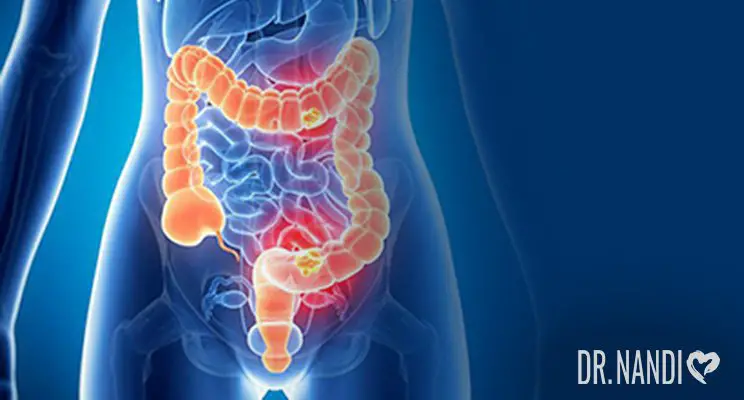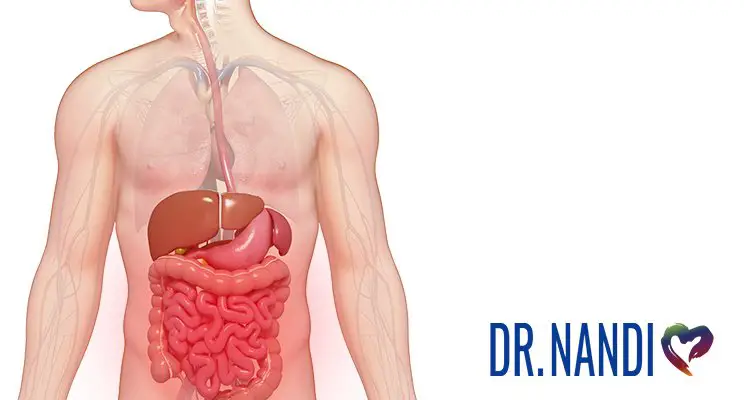How to Use Yoga to Fight IBS
Irritable Bowel Syndrome often results from stress and poor eating habits. In some cases, it has been found that there was no evidence of physical damage to the stomach. Some suggest that IBS occurs when there is a disruption to the regular brain-stomach interaction. This disruption creates havoc and makes your digestive tract highly sensitive, leading…





















